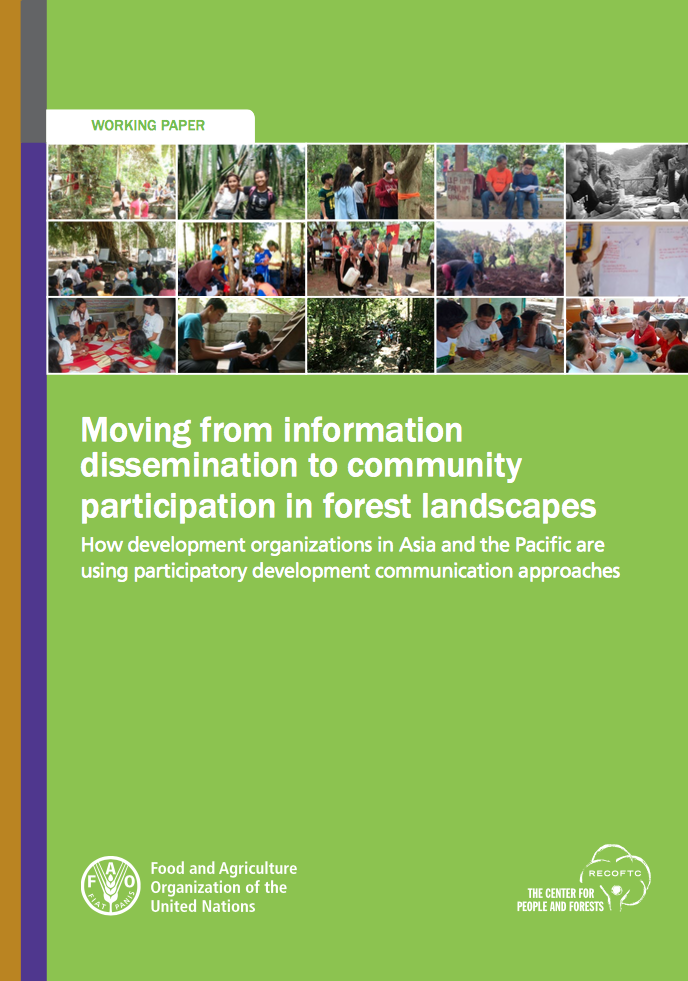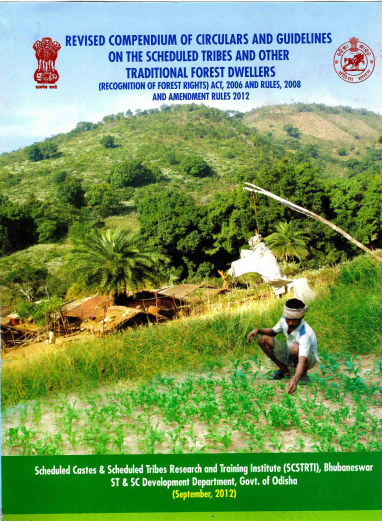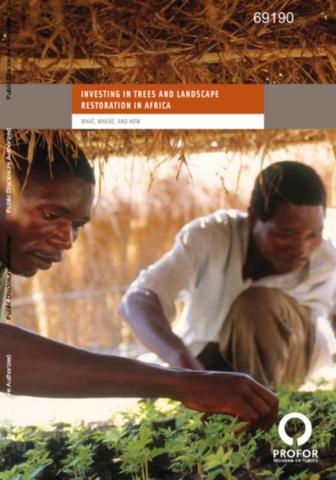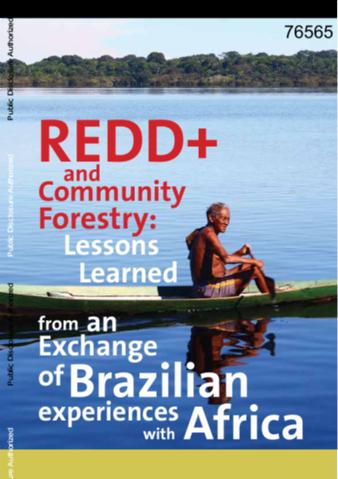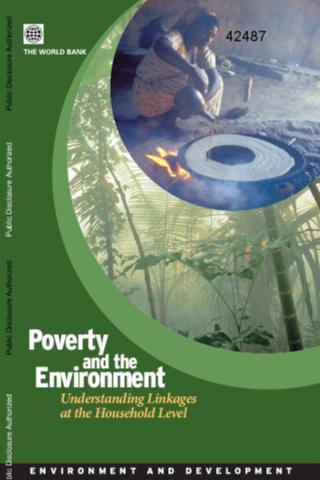Moving from information dissemination to community participation in forest landscapes
Traditionally, in the context of environment and natural resources management, many communication efforts have focused on the dissemination of technical information to end-users who were expected to adopt them. Development practitioners were trying to ‘push’ their products on communities in order to receive community commitment to their development initiatives.

